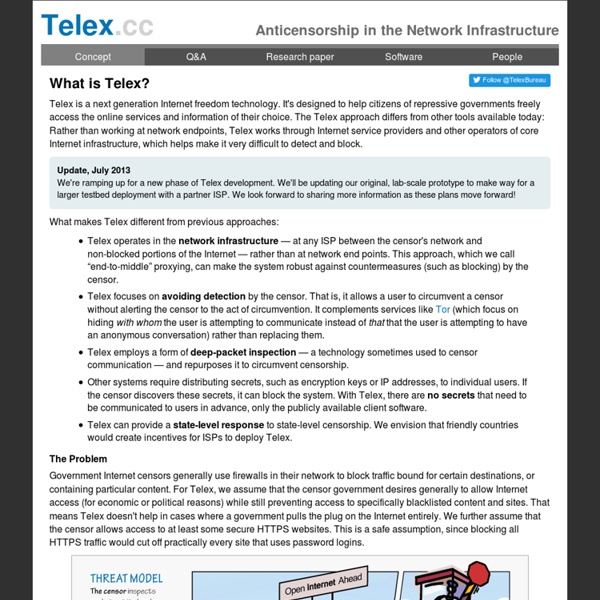



IRC Networks > AnonOps > Channels 1 2 3 4 NEXT (184 results) #anonops126 usersConnectmore info... [+CFJNPSTfnrt 5:5 60 5:5] Main network channel. Please use English in here. #News44 users[+CPmnrt]Connectmore info... Welcome to the AnonOps news channel. #OpUkraine41 users[+Cnrt]Connectmore info... For newbies: join #opnewbloodHOWTO use Pyloris with rotation IP throug TOR: pastebin.com/kJNczE0Hwork for today: docs from Mezhyhirya: yanukovychleaks.orgleaks here: pastebin.com/u/LegionOperationsWeb Application Hacker’s Handbook ow.ly/tk2Ufdon't post unverified links, there are many provocations around the internet! #hackers34 users[+Cnrt]Connectmore info... No cardingNo FacebookNo .edu'sUSE A VPN - for help with this join #OpNewbloodOther chans: #opnewblood #tutorials #ddos #defacement #Tutorials18 users[+Cnrt]Connectmore info... Welcome to #Tutorials.Use ! #OperationPayback17 users[+Cnrt]Connectmore info... Historic Channel O:P. #german16 users[+Cnrt]Connectmore info...
HTTPS Everywhere HTTPS Everywhere is produced as a collaboration between The Tor Project and the Electronic Frontier Foundation. Many sites on the web offer some limited support for encryption over HTTPS, but make it difficult to use. For instance, they may default to unencrypted HTTP, or fill encrypted pages with links that go back to the unencrypted site. The HTTPS Everywhere extension fixes these problems by using clever technology to rewrite requests to these sites to HTTPS. Information about how to access the project's Git repository and get involved in development is here. HTTPS Everywhere now uses the DuckDuckGo Smarter Encryption dataset, to enable even greater coverage and protection for our users. Original announcement can be found here: Further technical details on how we utilize Smarter Encryption:
Telephony » Blog Archive » GNU Free Call Announced “Free as in freedom, and free as in no cost, too!” GNU Free Call is a new project to develop and deploy secure self-organized communication services worldwide for private use and for public administration. We use the open standard SIP protocol and GNU SIP Witch to create secured peer-to-peer mesh calling networks, and we welcome all participation in our effort. Who Haakon Eriksen – Project Coordinator – haakon.eriksen@far.no David Sugar – Project Architect – dyfet@gnu.org What Our goal is to make GNU Free Call ubiquitous in a manner and level of usability similar to Skype, that is, usable on all platforms, and directly by the general public for all manner of secure communication between known and anonymous parties, but without requiring a central service provider to register with, without using insecure source secret binary protocols that may have back-doors, and without having network control points of any kind that can be exploited or abused by external parties. Why 1. 2. 3. 4. 5. 6.
Telex: Anticensorship in the Network Infrastructure by sirchamallow Jul 24